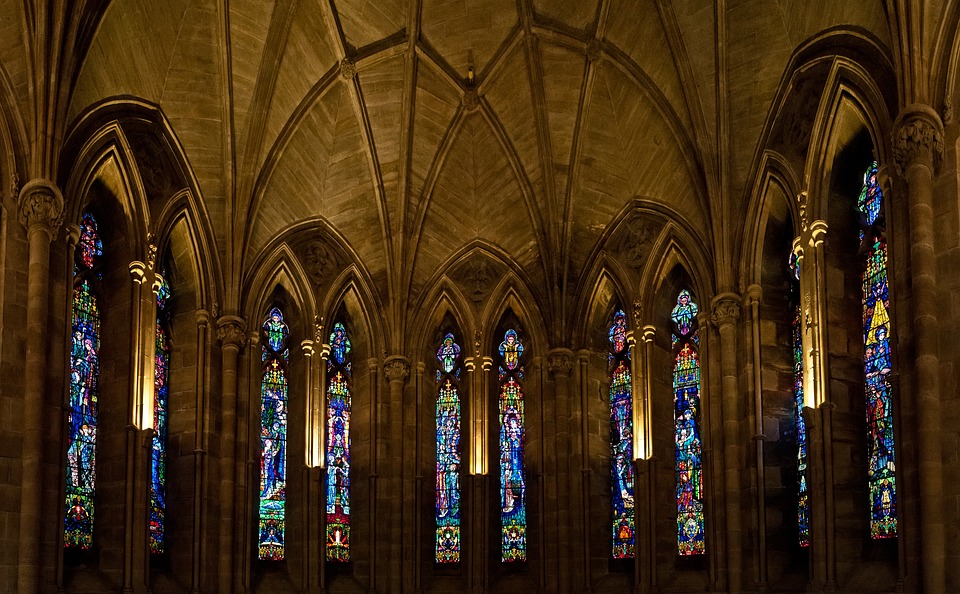The Origins of Religious Processions in Alba
Religious processions have been a significant part of human culture since ancient times. In the small town of Alba, located in Northern Italy, these processions have played a central role in the community’s religious life for centuries. The origins of religious processions in Alba can be traced back to the early days of Christianity, when believers would gather to march through the town’s streets in observance of different religious rites and traditions.
Ancient Rituals and Traditions
In ancient times, religious processions were a common practice in many cultures and were often associated with specific rituals and traditions. In Alba, these processions were a way for the community to come together and express their faith through visual displays of devotion. The townspeople would walk through the streets carrying religious icons and symbols, singing hymns and prayers, and participating in various ceremonies along the way.
One of the most important religious processions in Alba is the Feast of the Assumption, which takes place on August 15th each year. This procession commemorates the Virgin Mary’s assumption into heaven and is one of the most eagerly anticipated events in the town’s religious calendar. The procession begins at the local church and winds its way through the streets of Alba, with the townspeople following behind the statue of the Virgin Mary and singing hymns in her honor.
The Evolution of Religious Processions in Alba
Over the centuries, religious processions in Alba have evolved and adapted to reflect changes in religious beliefs and practices. While the basic elements of these processions – the singing, the prayers, and the carrying of religious symbols – have remained constant, the way in which they are performed has changed over time. In the past, religious processions in Alba were a solemn and somber affair, with participants walking in silence and reflecting on their faith.
Today, however, religious processions in Alba are often accompanied by lively music, colorful costumes, and elaborate decorations. The Feast of the Assumption procession, for example, now features marching bands, flower displays, and elaborate floats depicting scenes from the Bible. These modern touches have helped to attract larger crowds to the processions and have made them a popular event for both locals and tourists alike.
Despite these changes, the underlying purpose of religious processions in Alba remains the same – to bring the community together in worship and celebration. These processions provide a way for the townspeople to express their faith, connect with their religious heritage, and honor the traditions of their ancestors. In this way, religious processions in Alba serve as a bridge between the past and the present, linking ancient rituals with modern celebrations.
The Significance of Religious Processions in Alba
Religious processions in Alba are not just a form of public display; they are also a deeply spiritual experience for the participants. Many people in the town feel a deep connection to the religious processions, seeing them as a way to honor their faith and show reverence for their beliefs. For them, participating in a religious procession is a way to express their devotion and gratitude to a higher power, and to seek blessings for themselves and their loved ones.
Community Unity and Identity
Religious processions in Alba also play a crucial role in fostering a sense of community unity and identity. These processions bring together people from all walks of life – young and old, rich and poor, locals and visitors – in a shared expression of faith and devotion. By participating in these processions, the townspeople of Alba are able to strengthen their bonds with one another, to forge new friendships, and to build a sense of belonging to a larger community.
Moreover, religious processions in Alba serve as a way to reinforce the town’s cultural and religious heritage. By continuing to perform these ancient rituals and traditions, the townspeople are able to keep alive the customs and beliefs of their ancestors, passing them down from one generation to the next. In this way, religious processions in Alba help to preserve the town’s history and heritage, ensuring that these traditions will continue to be celebrated for years to come.
Tourism and Economic Impact
Another important aspect of religious processions in Alba is their impact on the local economy. The Feast of the Assumption procession, for example, attracts thousands of visitors to the town each year, many of whom come from far and wide to witness the spectacle. These visitors bring with them a boost to the local economy, patronizing hotels, restaurants, and shops, and helping to support the town’s businesses.
Furthermore, religious processions in Alba have become a significant draw for tourists looking to experience the town’s cultural and religious heritage. Many visitors are captivated by the beauty and solemnity of these processions, as well as by the sense of community and tradition that they embody. By showcasing these processions to the wider world, Alba is able to attract cultural travelers and pilgrims seeking to deepen their understanding of the town’s rich religious history.
Conclusion
Religious processions in Alba have a long and storied history, dating back to ancient times. These processions have evolved over the centuries, adapting to changing religious beliefs and practices, but have retained their core purpose of bringing the community together in worship and celebration. Today, religious processions in Alba are a vibrant and integral part of the town’s cultural and religious life, serving as a way to express devotion, foster community unity, and preserve heritage. As Alba continues to evolve and grow, these religious processions will remain a symbol of the town’s enduring faith and traditions.
